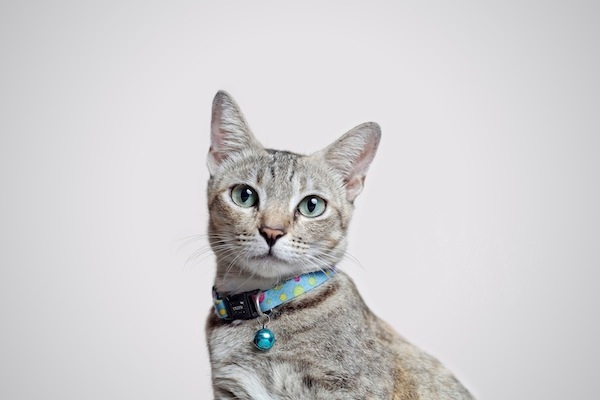Of all the strange behaviours of the rich, owning horses long struck me as the most bizarre. A horse, when you think about it, is a hopelessly unsuccessful attempt to combine a pet with a form of transportation. So whenever anyone mentioned that their daughter wanted a horse, I always recommended they bought a Range Rover and a kitten instead. The two would cost much less to run, and provide far more in the way of utility, pleasure and companionship.
Or at least that’s what I used to think. I always loved cats and thought horses rather stupid. But then it dawned on me: cats have effectively hacked us.
The relationship between a horse and a human is a reciprocal one. They perform useful work and we supply them with food and shelter. It’s a straightforward business deal. That too was once the relationship we had with cats — they would control vermin in exchange for housing. But in time cats craftily developed a means to exploit a bug in the software of the human brain. By producing the purr and the winsome ‘silent miaow’ (two features believed to have evolved only after domestication) Felis catus found a vulnerability in our mental code: suddenly it was absolved from performing useful work around the house; the deluded owner would now supply all its needs in exchange for the illusion of affection.
Like many successful hacks, the cat hack exploits the human capacity for self-delusion. We desperately want to believe our cats adore us, and so we are surprisingly eager to interpret their self-serving behaviour as though it were motivated by love. Cats are the courtesans of the animal world.
In this respect, the cat hack is similar to the unconscious mental hack worked on us by the NHS, welfare programmes and international aid: we are so eager to believe in the value of good intentions that any mention of self-interest or adverse consequences in discussing such activities is met with self-righteous fury. We can’t handle too much reality — any more than we can handle the idea that our cat only pretends to love us, and then mostly when it’s hungry.
Now I think the principle of free healthcare at the point of need is a great idea. My grandfather spent most of his life working as a doctor for the Tredegar Medical Aid Society, from which the local MP Aneurin Bevan derived the whole idea for the NHS. But I still find the resistance to any debate about the NHS slightly mad.
‘Is it possible that some social advocacy and social justice efforts result in… pernicious effects on a societal scale — so that efforts to build cooperation instead inhibit it? We often do not know, because well-meaning advocates have made raising those questions a taboo.’
This quotation is from a recent book called Pathological Altruism, which is apparently the vogueish new scientific term for this cat hack phenomenon. It is suddenly attracting attention in fields as diverse as psychology, evolutionary theory and public policy, following a paper by the academic Barbara Oakley. Unfortunately for George Osborne, the book lists well-intentioned but ‘ultimately catastrophic’ attempts to promote wider home ownership among the worst recent examples of ‘altruism bias’.
G.K. Chesterton clearly understood the problem: in Orthodoxy he wrote ‘When a religious scheme is shattered it is not merely the vices that are let loose. The vices are, indeed, let loose, and they wander and do damage. But the virtues are let loose also; and the virtues wander more wildly, and the virtues do more terrible damage.’
It is near impossible to cut funding for the road to hell when the pavers have such obviously good intentions.







Comments